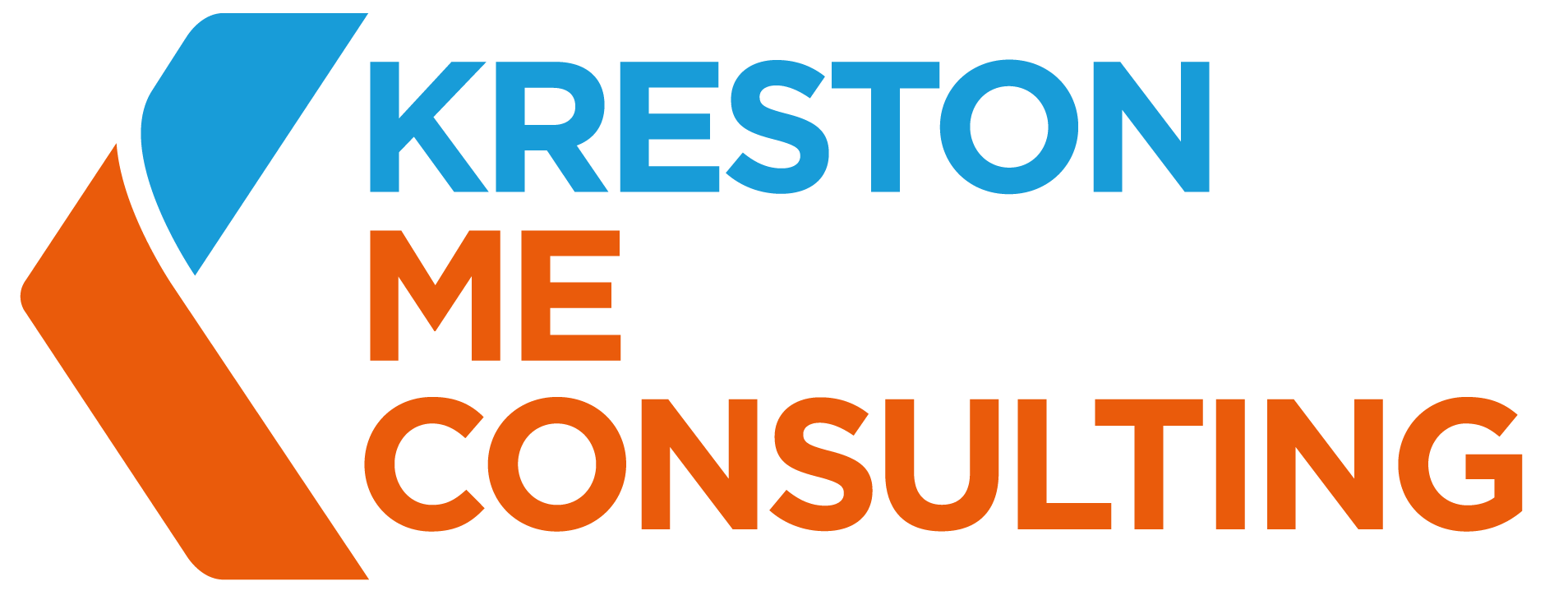Preparation of Standard Operating Procedure (SOP)
Ensuring Efficiency and Consistency
In any organization, maintaining consistent processes and procedures is essential for efficient operations and quality outcomes. Standard Operating Procedure (SOP) is a documented set of step-by-step instructions that outlines how specific tasks or processes should be performed.
The preparation of SOPs plays a crucial role in ensuring that employees have clear guidance and can perform their duties consistently and effectively.
Why is the Preparation of SOP Important?
The preparation of SOPs holds significant importance for organizations due to the following reasons:
Consistency and Efficiency
SOPs ensure that tasks and processes are carried out consistently across the organization. By providing clear instructions, SOPs enable employees to perform their duties efficiently and consistently, regardless of who is performing the task. This consistency reduces errors, rework, and variations in output, leading to improved overall efficiency.
Quality Assurance
SOPs are instrumental in maintaining quality standards within an organization. By documenting the best practices and quality control measures, SOPs ensure that tasks are performed in a standardized manner, minimizing the risk of errors and defects. This adherence to established procedures enhances product or service quality and customer satisfaction.
Training and Onboarding
SOPs serve as valuable training resources for new employees. They provide a structured framework and step-by-step instructions for employees to follow when learning new tasks or processes. SOPs facilitate the onboarding process by ensuring that new hires receive consistent training, which accelerates their learning curve and helps them become productive more quickly.
Compliance and Risk Management
In certain industries, compliance with regulatory requirements is paramount. SOPs document procedures that align with industry regulations and best practices, ensuring that the organization operates within legal and ethical boundaries. Additionally, SOPs help mitigate risks by incorporating safety measures, risk assessments, and contingency plans into operational processes.
Preparing SOPs involves the following key steps:
Process Analysis and Documentation
Standardization and Formatting
Review and Approval
Training and Communication
Get Free Consultation
Benefits
Consistent Service Delivery – SOPs ensure that customers receive consistent service quality. By standardizing processes, organizations can provide a consistent customer experience, regardless of the employee serving them. This consistency builds trust, enhances customer satisfaction, and promotes repeat business.
Timely and Efficient Service – Clear procedures outlined in SOPs enable employees to deliver services more efficiently and in a timely manner. Customers benefit from streamlined processes, reduced waiting times, and faster response rates, resulting in an improved overall customer experience.
Quality and Reliability – SOPs contribute to maintaining high standards of quality and reliability in service delivery. By documenting best practices and quality control measures, organizations ensure that customers receive consistent and reliable services that meet or exceed their expectations.
Compliance and Data Security – SOPs incorporate data security measures and compliance requirements, ensuring the protection of customer data and adherence to privacy regulations. Customers can have confidence that their information is handled securely and that the organization operates in a manner that respects their privacy rights.
Financial Risk Reduction – Finance SOPs contribute to minimizing financial risks by establishing clear financial processes, risk management procedures, and financial controls. This not only safeguards the organization’s financial health but also assures clients of responsible financial management practices.
Streamlined Operations – Operations SOPs lead to the streamlining of the operational cycle, optimizing resource utilization and process efficiency. Clients benefit from smoother interactions and transactions, which in turn enhances their satisfaction with the organization’s operations.
F.A.Q.
What is a Standard Operating Procedure (SOP)?
Why are SOPs important for an organization?
• Promote consistency and standardization in processes
• Improve operational efficiency and productivity
• Ensure compliance with regulations and industry standards
• Mitigate risks and reduce errors
• Facilitate employee training and onboarding
• Enhance quality assurance and customer satisfaction
Who is responsible for creating and maintaining SOPs?
How often should SOPs be reviewed and updated?
Can SOPs be customized for different departments or locations within an organization?
How can employees ensure compliance with SOPs?
Employees can ensure compliance with SOPs by:
• Familiarizing themselves with the content of the SOPs relevant to their roles
• Following the prescribed steps and guidelines outlined in the SOPs
• Seeking clarification or guidance from supervisors or designated subject matter experts if needed
• Reporting any deviations or issues related to the SOPs to the appropriate authority
• Participating in training programs to enhance their understanding and adherence to SOPs
What is the role of SOPs in quality management systems?
Are SOPs applicable only to large organizations?
Can SOPs be modified or revised based on feedback from employees?
How can an organization ensure that employees are aware of and trained on the SOPs?
• Conducting training sessions or workshops to explain the purpose and content of the SOPs
• Providing access to the SOP documents through a centralized repository or intranet
• Incorporating SOP training as part of the onboarding process for new employees
• Conducting periodic refresher training to reinforce adherence to SOPs
• Encouraging open communication channels for employees to seek clarification or provide feedback on the SOPs.
